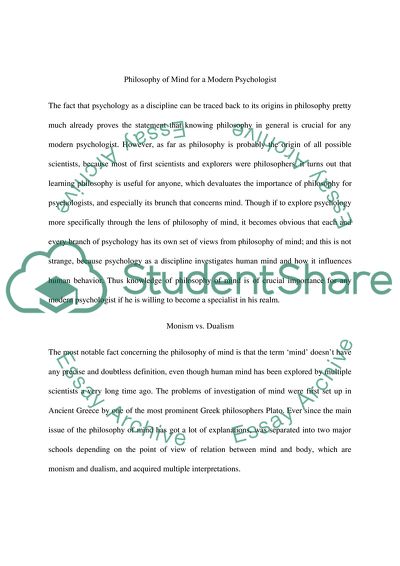Cite this document
(“Critically discuss the importance of an understanding of the Essay”, n.d.)
Retrieved from https://studentshare.org/psychology/1698771-critically-discuss-the-importance-of-an-understanding-of-the-philosophy-of-mind-for-the-modern-psychologist
Retrieved from https://studentshare.org/psychology/1698771-critically-discuss-the-importance-of-an-understanding-of-the-philosophy-of-mind-for-the-modern-psychologist
(Critically Discuss the Importance of an Understanding of the Essay)
https://studentshare.org/psychology/1698771-critically-discuss-the-importance-of-an-understanding-of-the-philosophy-of-mind-for-the-modern-psychologist.
https://studentshare.org/psychology/1698771-critically-discuss-the-importance-of-an-understanding-of-the-philosophy-of-mind-for-the-modern-psychologist.
“Critically Discuss the Importance of an Understanding of the Essay”, n.d. https://studentshare.org/psychology/1698771-critically-discuss-the-importance-of-an-understanding-of-the-philosophy-of-mind-for-the-modern-psychologist.


